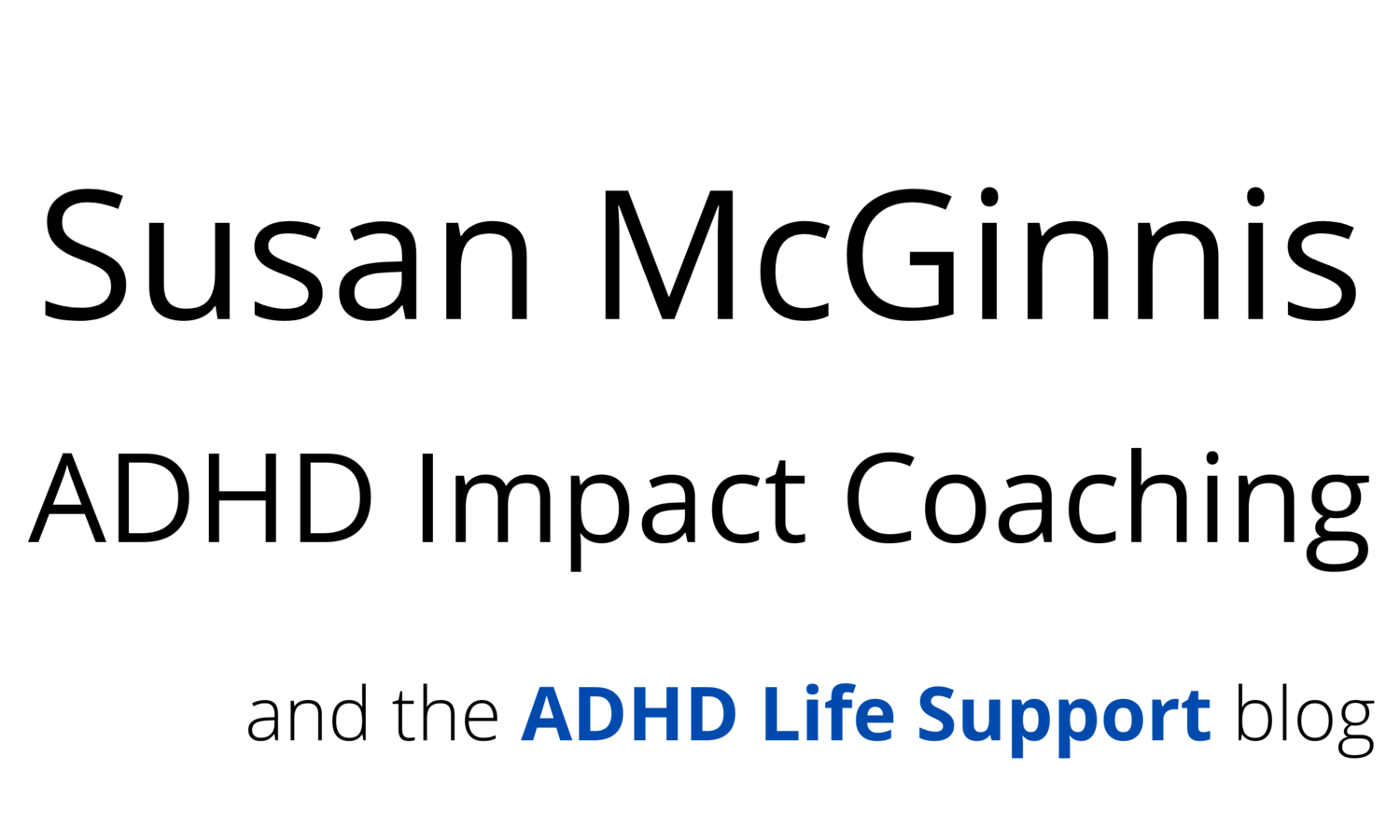Being With Others, With ADHD
“I don’t know how to be with other people.”
It can feel painful to be aware that something is going wrong for you, with relating to other people. It can cause isolation for people who crave connection. Yet ADHD and autism can cause difficulties with social learning.
I have just read two books that I highly recommend: Declarative Language Handbook, and Co-Regulation Handbook, both by Linda K. Murphy. They are short, easy to read, and specific. While oriented to parents, these books have important information about how to be with other people, including how to cooperate and contribute to build belonging and self-efficacy.
Relating with other people - being “IN relation” to others, in relationship - can be thought of as sharing experience and processing experience together. Sharing an experience in the moment is the object of both using declarative language and co-regulating.
Linda Murphy is a speech language pathologist with a clinic in Beverly, MA, and she is also a consultant trained in a program called Relationship Development Intervention for treating social learning challenges.
Social learning is learning through daily life and direct experience, rather than formal instruction (like a classroom). People with ADHD and autism typically learn more easily through formal instruction than by “picking it up.” Yet there are a number of skills we need to learn in the social context of daily life, such as seeing the big picture; being flexible; managing impulses; taking the perspective of others; problem solving in real time; reading nonverbal communication; connect with others through sharing memories; making plans for the future; and expressing emotions.
Declarative language is a way of speaking that facilitates social learning; it creates connection and facilitates problem-solving - as differentiated from imperative language, which is a question or sentence that demands a reponse: “Do this.” Imperative language can feel like a demand; it can be received as a threat in the brain, activating a stress response (that can look like a behavior problem).
Using declarative language can help avoid the stress response and create a cooperative relationship of being together in experience.
Co-regulation “establishes a shared focus of attention with our attention partner….to to feel certain of our connection in the moment.” It can happen in the realm of actions, rather than words (as in using declarative language): creating positive, balanced connections by doing things together in which both individuals have competent (within their ability now), authentic (meaningful tasks), and contingent (mutually dependent) roles within the interaction.
While co-regulation might start with shared actions, it also facilitates social communication around this shared interest. We learn how to do things and how to respond to situations by doing things together; we are social beings.
Declarative language and co-regulation work closely together to build the abilities humans need in order to support self-regulation and to connect with others. Facilitating social learning with language and activities is a key to working with and mitigating the difficulty of life with ADHD or autism.
ADHD Life Support is the blog of
Susan McGinnis, CALC of ADHD Impact Coaching LLC
Coaching adults with ADHD www.adhdimpactcoaching.com
